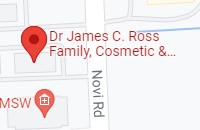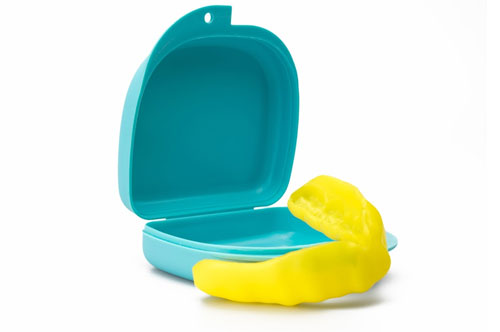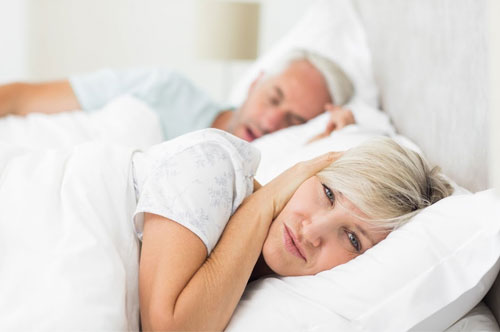If you snore while you sleep or wake up gasping for air, you might have a serious problem now as sleep apnea. We can treat this issue in our Novi, Michigan dental office. Sleep apnea can affect your sleep and actually decrease your overall health.
Studies have found that untreated sleep apnea can increase your risk of serious problems like heart disease and diabetes. So, the problem can affect more than just your sleep. Our office can help keep you and your mouth healthy.
Give us a call today at 248-697-2487 to schedule an in-depth visit. Today we want to show you things that can actually make your sleep apnea worse.
Sleep apnea occurs whenever you experience literal pauses in breathing. That’s why people with this condition often gasp for air. If you have severe sleep apnea, you can experience 30 or more pauses in breathing an hour, and each episode with cause your blood pressure to rise. That constant rise in blood pressure is the big reason sleep apnea can create serious heart issues!
There are two types of sleep apnea, central sleep apnea and obstructive sleep apnea, with obstructive sleep apnea being the most common. Obstructive sleep apnea, the most treatable form, occurs whenever soft tissue, typically the tongue, blocks the airway during sleep. You can’t always avoid sleep apnea, but here are some things that can actually make your sleep apnea worse!
1. Drinking alcohol or using medications
Alcohol is a substance that will relax the muscles in your body — the same goes for some certain medications. This might present a problem for people with sleep apnea, especially if you have obstructive sleep apnea. You might have heard stories about people who snore loudly after having a few drinks. That’s because their throat muscles have relaxed and partially blocked the airway. If you have signs of sleep apnea, try to avoid excess drinking or check with your doctor to see if any medications you’re taking cause muscle relaxation.
2. Bad sleep position
Sometimes it’s the position you’re sleeping that increase sleep apnea episodes. Studies have found that sleeping on your back, or even a high pillow position can obstruct the airway and cause sleep apnea episodes. If you’re a known snorer, try a different sleep position or even a prop pillow to help you sleep on your side.
3. Being overweight
Being overweight will increase your risk of sleep apnea. One of the big factors is neck size (specifically, men with a neck size of great than 18 inches and women with a neck size larger than 17 inches.). If you have a larger neck size, losing some weight can be a good way to reduce your sleep apnea problems.
4. Not using the sleep appliances
If you’re been diagnosed with sleep apnea, you need to follow the treatment.
The CPAP is the gold standard of sleep apnea treatment. The machine works by constantly pushing air into the lungs so you won’t stop breathing during sleep. It can treat both types of sleep apnea, but the big problem with the CPAP is that patients often do not wear the device. They find the device uncomfortable, or their bed partner can’t stand it. Some studies have found that the CPAP has a compliance rate of only about 50 percent. That’s not great considering the device doesn’t work if you don’t wear it.
Luckily, the CPAP is not the only way to treat sleep apnea.
An easy way to treat sleep apnea
Instead of asking our patients to wear a CPAP machine, we can design a custom oral appliance that will fit over the bottom teeth and push the lower jaw forward. When the lower jaw moves forward, it keeps the airway open. This treatment is ideal for people with mild to moderate obstructive sleep apnea. To find out the severity of your sleep apnea — or if your in fact have a problem — we can provide a convenient at-home sleep test. Most dental offices who offer sleep apnea treatments require you to spend the night in a sleep lab. Not here! We want you to stay in the comfortable of your own bed. You’ll be more comfortable, AND we’ll get more accurate readings. The best part is that our sleep test is FREE.
We don’t want you to spend hundreds of dollars trying to pinpoint your issues.
If you’ve been told you snore or have problems sleeping, come speak with someone from our office. We’d love to help you achieve a more restful night’s sleep. Give us a call today at 248-697-2487 or contact us online to request an appointment.
Visit Dr. James Ross
We can see you as soon as tomorrow!





